Preventing Bronchopneumonia in Children: Tips for a Healthy Respiratory System
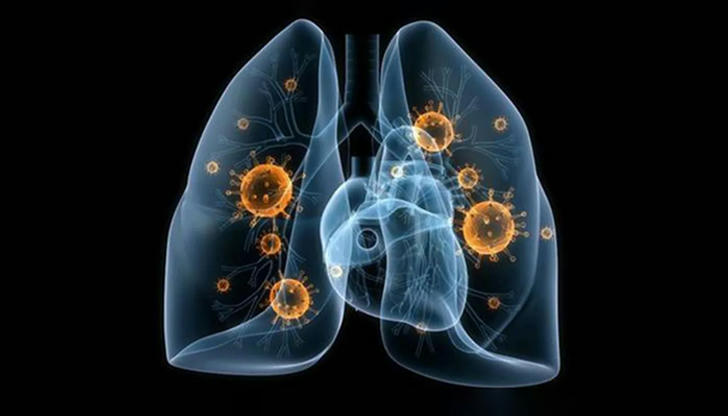
Bronchopneumonia is a common illness that affects the respiratory system in children, leading to coughing, chest congestion, and difficulty in breathing. In order to prevent this condition, it is crucial to take proactive steps to maintain a healthy respiratory system for your little ones. Here, we will provide you with valuable tips and guidance on how to prevent bronchopneumonia in children.
What is bronchopneumonia?
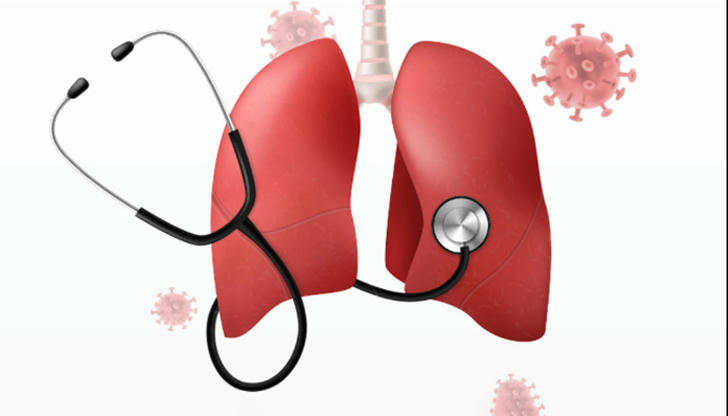
First of all, we need to know what it is. Bronchopneumonia, also known as lobular pneumonia, is a type of pneumonia that affects the smaller airways and air sacs in the lungs. It is most commonly caused by an infection, usually bacterial or viral, which leads to inflammation of the bronchioles and alveoli.
In children, bronchopneumonia can be particularly concerning as their respiratory system is still developing and may not be as robust as an adult's. This makes them more susceptible to respiratory infections and their complications. It is important to understand the causes, signs, and symptoms of bronchopneumonia in order to effectively prevent and manage this condition.
Causes of bronchopneumonia in children
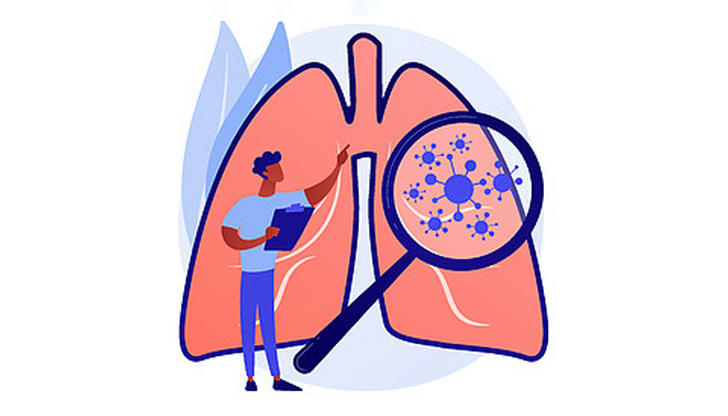
Bronchopneumonia in children is primarily caused by infectious agents, such as bacteria, viruses, or fungi. The most common bacterial culprits include Streptococcus pneumoniae and Haemophilus influenzae. Viral infections, such as respiratory syncytial virus (RSV) and influenza, can also lead to bronchopneumonia. These pathogens are usually transmitted through droplets in the air when an infected person coughs or sneezes.
Children are more susceptible to respiratory infections due to their immature immune system and frequent exposure to infected individuals in school or daycare settings. Other risk factors for bronchopneumonia include pre-existing respiratory conditions, such as asthma or chronic obstructive pulmonary disease (COPD), and exposure to environmental pollutants.
Signs and symptoms of bronchopneumonia
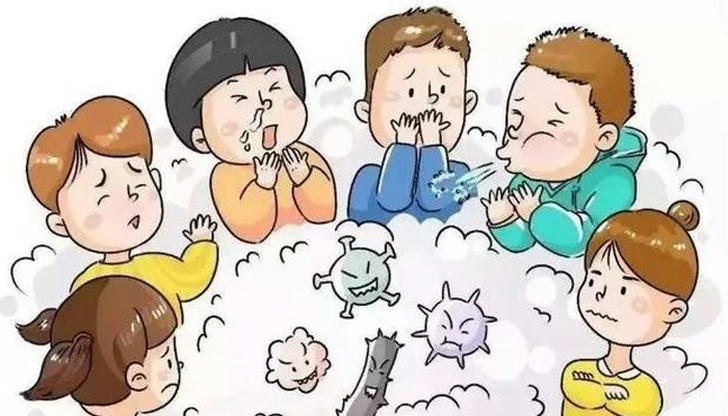
Recognizing the signs and symptoms of bronchopneumonia is crucial for early detection and prompt treatment. In children, the symptoms may vary depending on age and overall health. Common signs of bronchopneumonia include persistent cough, often accompanied by phlegm or mucus, rapid or labored breathing, chest pain or tightness, fever, chills, fatigue, and loss of appetite. Younger children may also exhibit irritability, restlessness, and difficulty feeding. If your child experiences any of these symptoms, it is important to consult a healthcare professional for an accurate diagnosis and appropriate treatment.
Importance of a healthy respiratory system in children
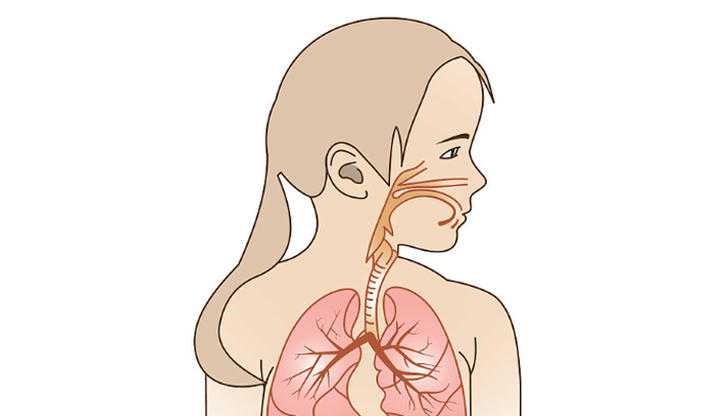
Having a healthy respiratory system is vital for children as it enables them to breathe properly, ensuring adequate oxygen supply to their organs and tissues. A well-functioning respiratory system also plays a crucial role in the development of their immune system, which helps protect against respiratory infections.
When the respiratory system is compromised, it can lead to various complications, including bronchopneumonia. By maintaining a healthy respiratory system, you can reduce the risk of respiratory infections, improve your child's overall well-being, and promote optimal growth and development.
Tips for preventing bronchopneumonia

Prevention is key when it comes to protecting your child from bronchopneumonia. Here are some practical tips to help safeguard their respiratory health:
Maintaining a clean and healthy environment
Keeping your child's environment clean and germ-free is essential in preventing respiratory infections. Regularly clean and disinfect frequently-touched surfaces, such as doorknobs, light switches, and toys. Encourage your child to practice good hygiene habits, such as washing their hands frequently with soap and water for at least 20 seconds. Teach them the proper technique of coughing or sneezing into the crook of their elbow or a tissue to minimize the spread of germs. Avoid exposing your child to secondhand smoke, as it can irritate their airways and weaken their respiratory system.
Vaccinations for respiratory infections
Vaccinations play a crucial role in preventing respiratory infections, including those that can lead to bronchopneumonia. Ensure that your child receives all the recommended vaccines, such as the pneumococcal vaccine and the influenza vaccine. These vaccines can significantly reduce the risk of contracting the bacteria or viruses responsible for bronchopneumonia. Stay up to date with your child's immunization schedule and consult with their healthcare provider to ensure they receive all the necessary vaccinations.
Proper nutrition for a strong immune system
A balanced diet is essential for maintaining a strong immune system and promoting a healthy respiratory system. Ensure that your child's diet includes a variety of fruits, vegetables, whole grains, lean proteins, and healthy fats. These foods provide essential nutrients, vitamins, and minerals that support immune function and help fight off respiratory infections. Encourage your child to drink plenty of fluids, such as water or herbal tea, to stay hydrated and keep their respiratory system functioning optimally.
Regular physical activity and exercise
Regular physical activity and exercise are not only important for overall health but also for maintaining a healthy respiratory system. Encourage your child to engage in age-appropriate activities that promote cardiovascular fitness and lung function. This can include outdoor play, sports, dancing, or even simple exercises at home. Physical activity helps strengthen the respiratory muscles and improves lung capacity, reducing the risk of respiratory infections. However, be mindful of the air quality when engaging in outdoor activities and avoid highly polluted or smoky areas.
When to seek medical help
Despite taking preventive measures, it is important to monitor your child's respiratory health and seek medical help if needed. If your child develops severe symptoms, such as difficulty breathing, chest pain, persistent high fever, or dehydration, it is crucial to seek immediate medical attention. These symptoms may indicate a more serious respiratory infection or complications such as pneumonia. Trust your instincts as a parent and consult a healthcare professional if you have any concerns about your child's respiratory health.

